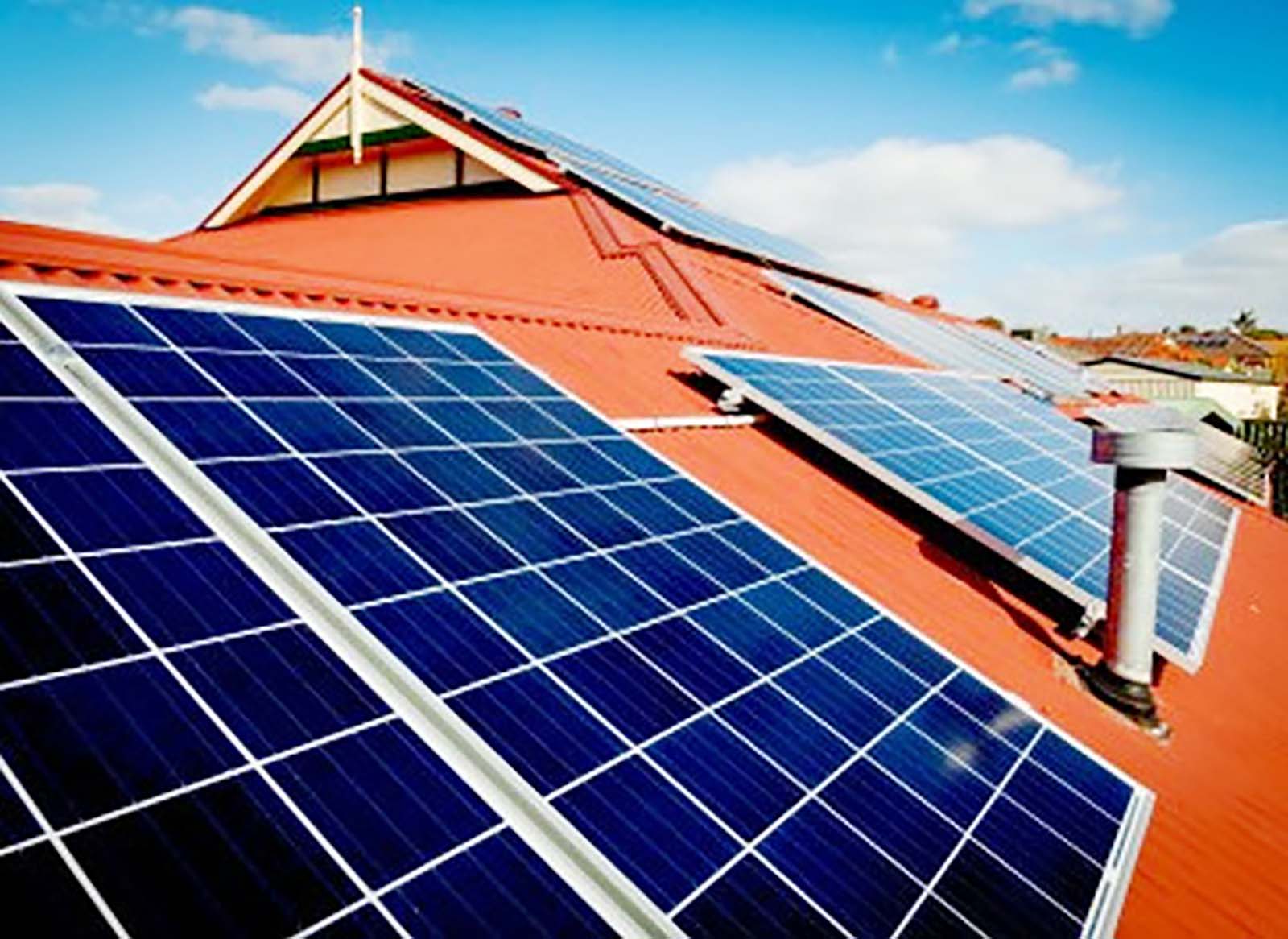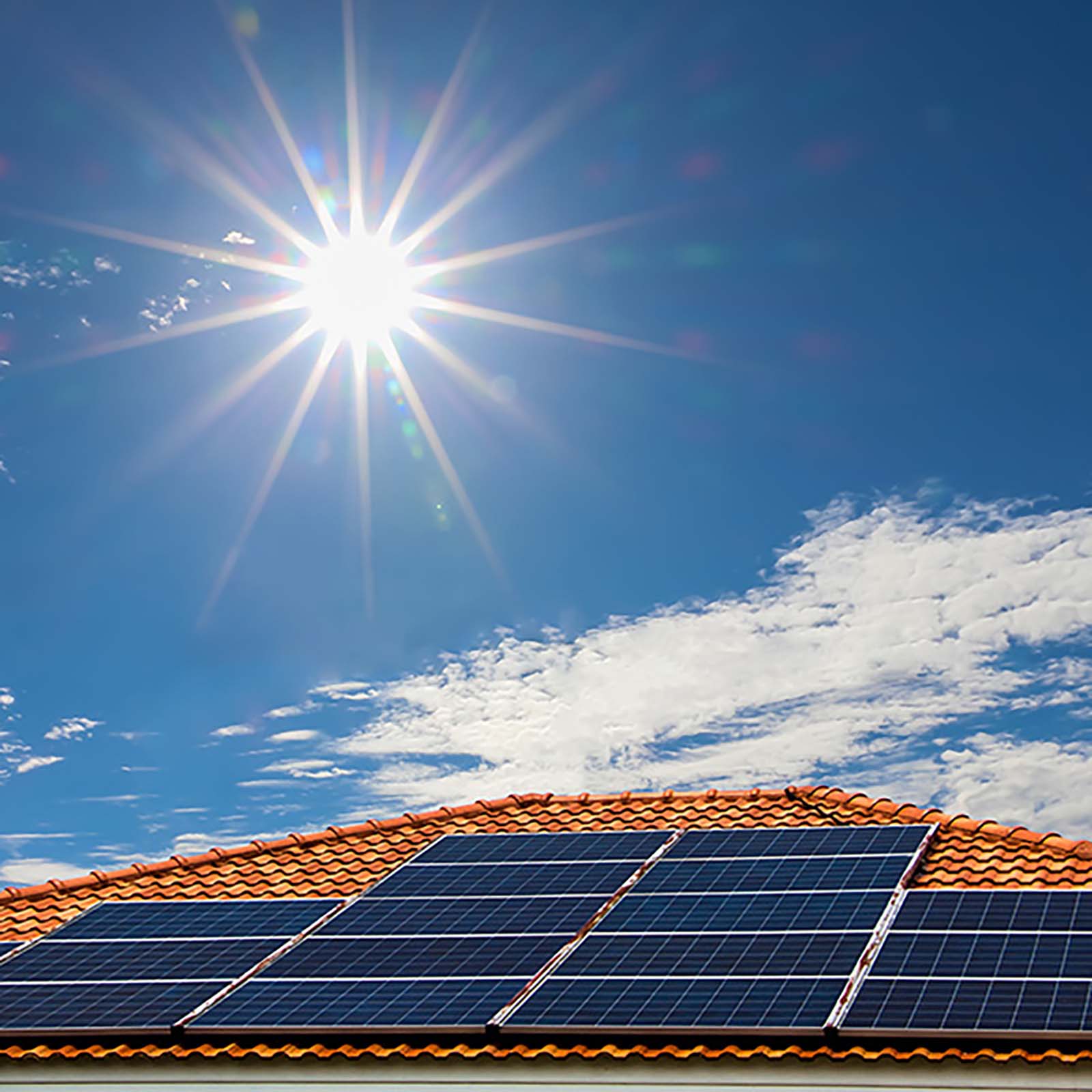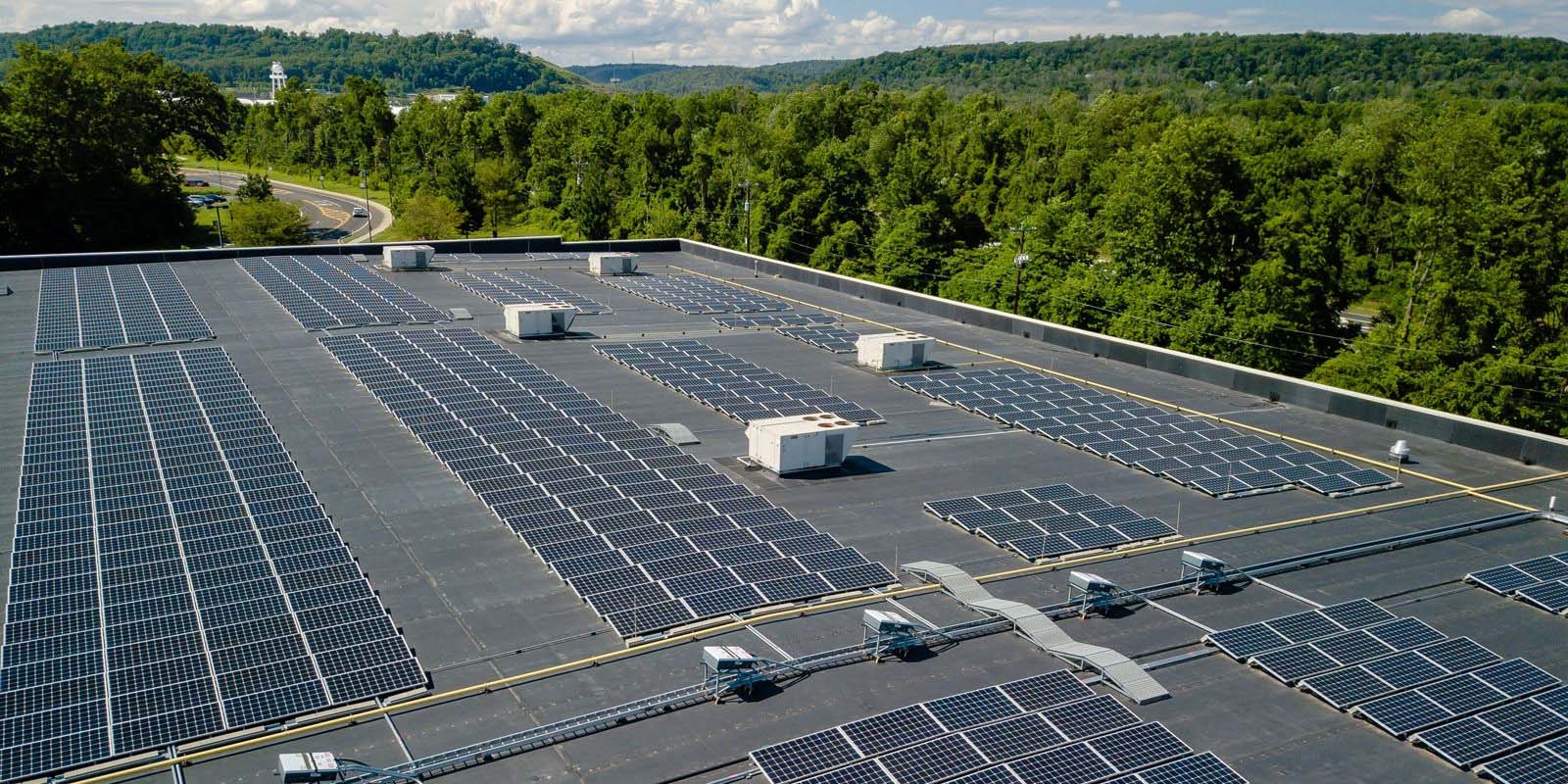How many watts is 10kw?

Understanding Electric Power Measurements
Electric power is measured in watts, which indicates the rate at which energy is generated, transferred, or consumed in an electric circuit. One kilowatt (kW) is equal to 1,000 watts. Therefore, 10kw represents 10,000 watts.
Converting Kilowatts to Watts
To convert kilowatts to watts, you simply multiply the kilowatt value by 1,000. In this case, multiplying 10kw by 1,000 gives us the total of 10,000 watts. This means that 10kw is equivalent to 10,000 watts.
Practical Applications of 10kw
A power rating of 10kw is commonly encountered in various electrical devices and systems. For example, many residential air conditioning units have a power consumption of around 10kw during peak operation. Similarly, large appliances like electric water heaters or industrial machinery may require 10kw of power to function efficiently.

Additionally, in the field of renewable energy, 10kw is often used as a reference point when discussing the capacity of solar panels or wind turbines. A 10kw solar panel system, for instance, can generate approximately 10,000 watts of clean energy under optimal sunlight conditions.
Other Units of Power Measurement
While watts and kilowatts are the most commonly used units to measure power, other units exist as well. Some of the frequently encountered units are:
Milliwatt (mW): One milliwatt equals 0.001 watts. It is commonly used for small electronic devices or low-power applications. Megawatt (MW): One megawatt is equal to one million watts. This unit is often used to measure the power output of large power plants or in discussions of energy generation and consumption on a national scale. Gigawatt (GW): One gigawatt is equivalent to one billion watts. It is commonly used in discussions of energy production capacity, particularly in the context of power grids and large-scale renewable energy projects.In Conclusion
In conclusion, 10kw is equal to 10,000 watts. Understanding the relationship between kilowatts and watts is essential for comprehending power measurements. Whether you encounter the term in everyday household appliances or in the context of renewable energy, knowing how to convert between units allows you to make better-informed decisions and evaluations regarding energy consumption and generation.


